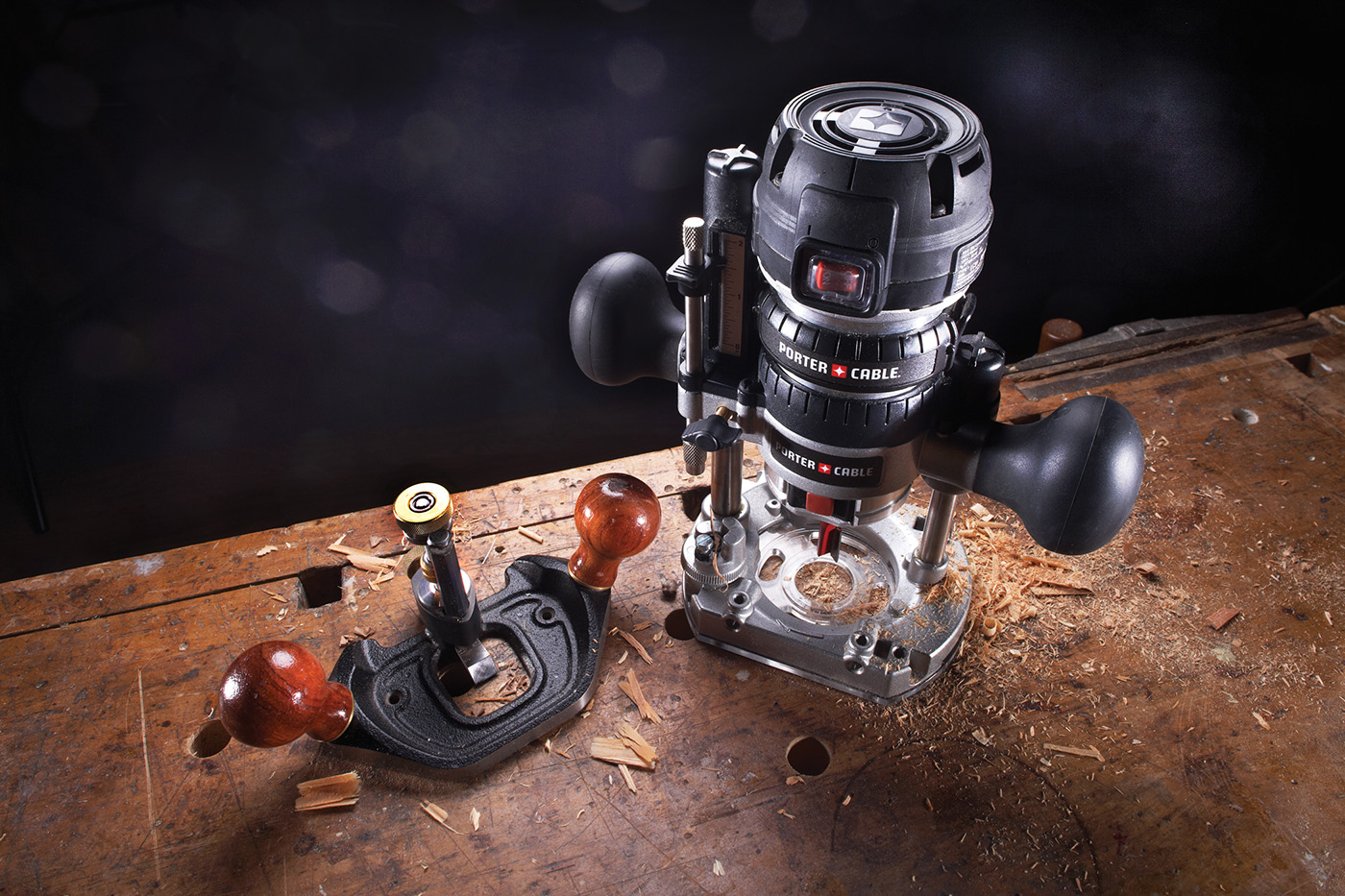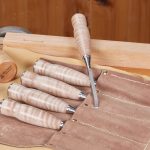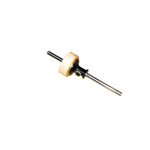We may receive a commission when you use our affiliate links. However, this does not impact our recommendations.
 Ease and speed versus the idealization of the past – sometimes.
Ease and speed versus the idealization of the past – sometimes.
When Lord Acton wrote that “absolute power corrupts absolutely,” he was referring to politics, but he could as easily have been referring to tools. After all, he wrote this now-famous phrase in the spring of 1887, one year after Karl Benz patented his first internal combustion engine, and only six months after the death of that great machine hater, William Morris. The world was accelerating in the late 19th century, propelled forward by coal and the beginnings of the oil age. It hasn’t slowed down since.
Having worked as a professional cabinetmaker for 12 years, I’m not someone who idealizes the days when logs were turned into boards by two strong men and a pitsaw. If you were lucky and got the top position, you were merely exhausted at the end of the day. If you drew the short straw, your dinner was seasoned with sawdust. Technology has eased modern lives to the point that people go to the gym in search of physical effort, but it can’t be denied that when something is gained, something is lost. One need only compare medieval stonework with any new government building to be convinced of that.
Today, many people feel a vague sense of unease at the speed, size and strength of the world we have created. And yet, anything less than an enthusiastic embrace of every new gadget, no matter how intrusive, seems to bring on accusations of Luddism or naivete. Critics of technology are accused of hypocrisy if they are caught using anything more advanced than a sharpened stick. The message that this attitude sends is that technology should be immune to criticism from anyone who uses it in any form. Yet it is not only possible to question technology without rejecting every technical innovation, it is necessary.
Nuance and subtlety need to be introduced into the ongoing debate about technology, whether the issue is the Internet, GPS or a plunge router. William Morris understood this more than a century ago, when he questioned the social impact of technological advances. Despite his personal distaste for machines, he recognized their value in lessening the hardship of working lives, as long as they were used for this purpose rather than the further enrichment of the workers’ bosses. Morris’s historical voice was dampened by the cacophony of the 20th century, and he is now remembered primarily as a designer of beautiful wallpaper.
Morris’s dim view of machines, however, lives on, even amongst many people who have never heard of him. Anyone who has used a freshly sharpened handplane on a piece of clear cherry is aware that neither the finished result nor the experience of the job can be replicated by a machine. The same craftspeople also realize, however, that a well-tuned table saw can save hours of unpleasant drudgery.
We idealize the craftspeople of the pre-Industrial era as masters of their craft. We must remember that this mastery was born of necessity, not because they were inherently more skilled, pure or committed than any of us. When facing down a piece of figured rock maple armed only with a scraper and a plane, you have no choice but to have sharp tools and a thorough understanding of how to cooperate with the wood.
This is what is lost when you have 240 volts to hurl at a recalcitrant slab of oak. When you acquire the means to overpower something, you reach the point where fine craft is in danger.
An experienced craftsperson has the knowledge and wisdom to use power sparingly, reducing drudgery while maintaining a delicate, consensual relationship with materials and design. But a beginner will have difficulty becoming that craftsperson if he or she has never been allowed, or perhaps forced, to deal with the wood on its own terms. –Alan Foljambe
Here are some supplies and tools we find essential in our everyday work around the shop. We may receive a commission from sales referred by our links; however, we have carefully selected these products for their usefulness and quality.



 Ease and speed versus the idealization of the past – sometimes.
Ease and speed versus the idealization of the past – sometimes.






William Morris died in 1896.